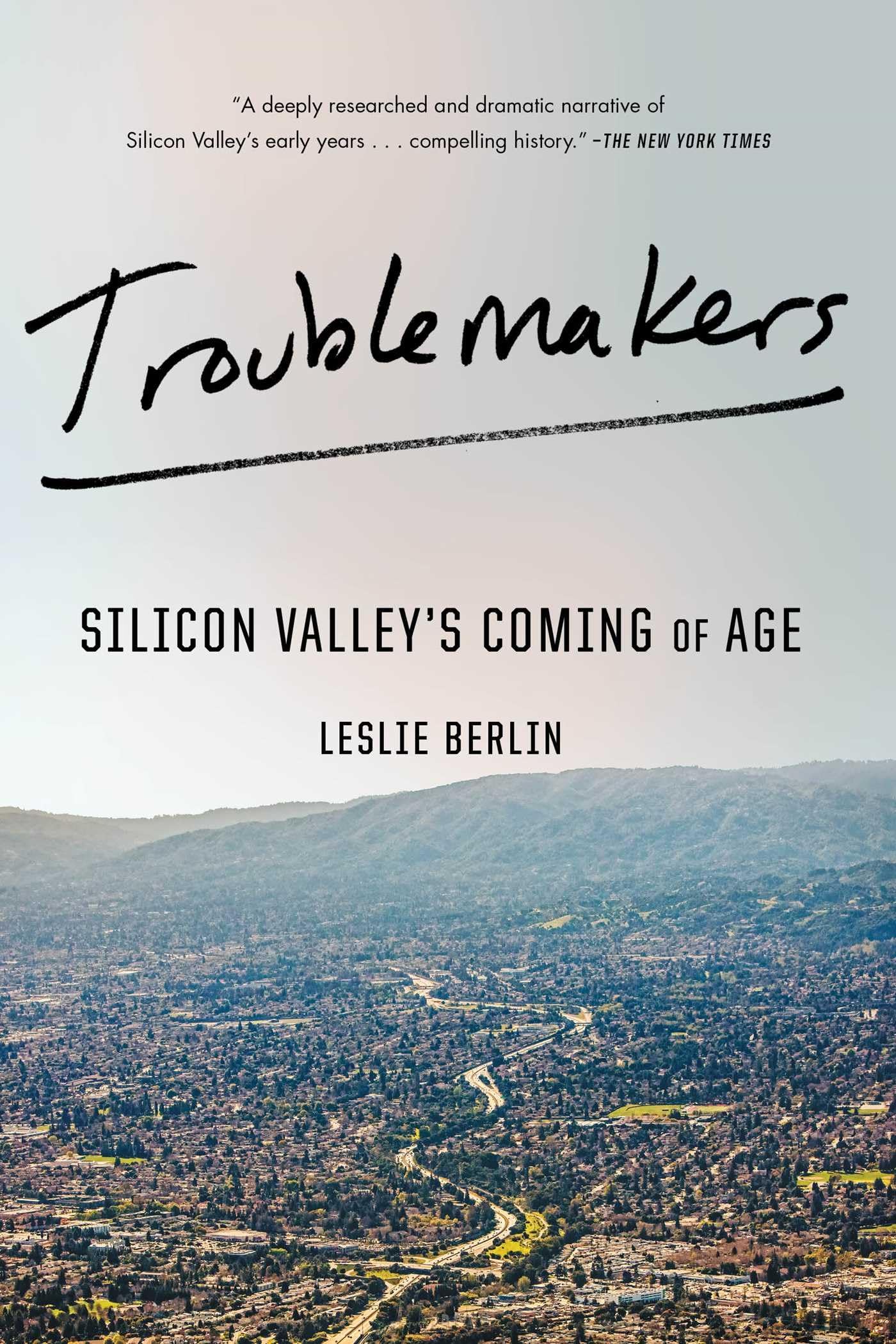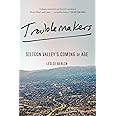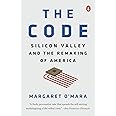Leslie Berlin is a wonderful historian – her first book, The Man Behind the Microchip – was a biography of Robert Noyce the co-founder of Fairchild and Intel. She managed to weave a narrative describing the technology, history, context and personal life of Noyce.To me that book was the gold standard of biography of a technologist.In Troublemakers Berlin attempts to do something much more ambitious – tell the story of seven technologists while simultaneously attempting to describe the seven years when 5 new industries were born in Silicon Valley. Unfortunately, while the biographies are superb the interwoven narrative failed (for me at least.) Here’s the good and bad of the book.The Mike Markkula story was worth the price of the book by itself. Markkula wrote the business plan and first funding check to Apple. He was the first board chairman, VP of Marketing and second president. He hired and staffed the key executive positions that got the Apple II built and out the door. Yet Markkula got erased from history as Andy Cunningham and the Apple PR machine turned Steve Jobs into a brand and the Walter Issacson hagiography permanently enshrined him as the founder/president/CEO of Apple.The story of Bob Swanson, the founder of Genentech was equally revealing. For decades, the venture firm Kleiner Perkins took credit for being the first money into Genentech and Brook Byers was the life science partner who led the deal. What Berlin unearths is that Swanson had originally been an associate at Kleiner, but got fired by the two partners. Eventually Tom Perkins gave Swanson the funding to start his company. Brook Byers, (who Berlin notes had been one of Swanson’s roommates,) came much later to the deal.Finally, the story of Neils Reimer who founded the Stanford Office of Technology Licensing while fascinating, lacks the punch of the other narratives. There are lots of allusions to bureaucratic battles but because the names never get mentioned I’ll venture to guess it may be because the author still works at Stanford.Quibbles aside, the seven narratives add substantively to separating out the PR spin of the valleys history from the facts.Now for the bad news. Interleaving the seven narratives into brief snippets really hurt the book. Just as I started to get into a story about one of the protagonists, it switched to another. This might have worked if there were just a few, but trying to keep track of seven parallel narratives made this feel like reading a Russian novel.Content-wise A+, stylistically a B- still definitely worth having on your shelf.




